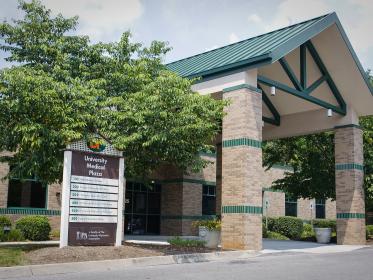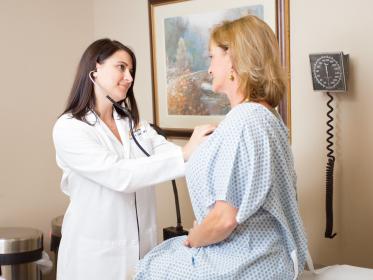Overview
These cancer screening guidelines for women are recommended for people at average risk for cancer with no specific symptoms. People who have an increased risk for particular cancers may need to follow a different screening schedule, such as starting at an earlier age or being screened more often.
Symptoms that could be cancer related or any changes should be discussed with a physician without delay.
20–29 Years
- Routine physical and examinations (skin, oral, etc.) are recommended. Women at increased/high risk for cancer or with a family history of cancer should discuss screening with their doctor. Breast self-exam is an option.
- PAP test beginning at age 21; repeat every 3 years if negative***.
30-39 Years
All of the above, plus:
- Co-testing with Pap smear and HPV DNA test every five years OR continue Pap test alone every three years if negative ***.
- Yearly screening for endometrial cancer with endometrial biopsy, for women who have or are at high risk for hereditary nonpolyposis colon cancer (HNPCC)
40-49 Years
All of the above, plus:
- Yearly Mammogram and clinical breast examination
50-55 Years
All of the above, plus:
Begin one of the following test schedules for colon cancer screening:
- Yearly fecal occult blood test (FOBT*) and colonoscopy every 10 years (or as recommended based on results of first colonoscopy) ** OR
- Yearly fecal occult blood test (FOBT*) plus flexible sigmoidoscopy every 5 years **
56+ Years
All of the above, plus:
Lung cancer screening is recommended for women at high risk for lung cancer as defined below:
- Current heavy smoker with a smoking history of 30 pack-years (one pack/day for 30 years, two packs/day for15 years, etc.)
- Former heavy smokers who have quit within the last 15 years
- No previous diagnosis of pulmonary nodules/lung cancer
- No symptoms for lung cancer (shortness of breath, unusual or persistent chest/back pain, coughing up blood)
- Have not undergone a CT scan of the chest in the last 18 months.
At >65 years of age, no cervical screening is recommended if there is 10 years of negative screening***.
*For FOBT, the take-home multiple sample method should be used.
**A digital rectal examination should be done at the same time as sigmoidoscopy or colonoscopy
***Women who have had a total hysterectomy (removal of uterus & cervix) may also choose to stop PAP testing unless surgery was for cervical cancer or precancer.


